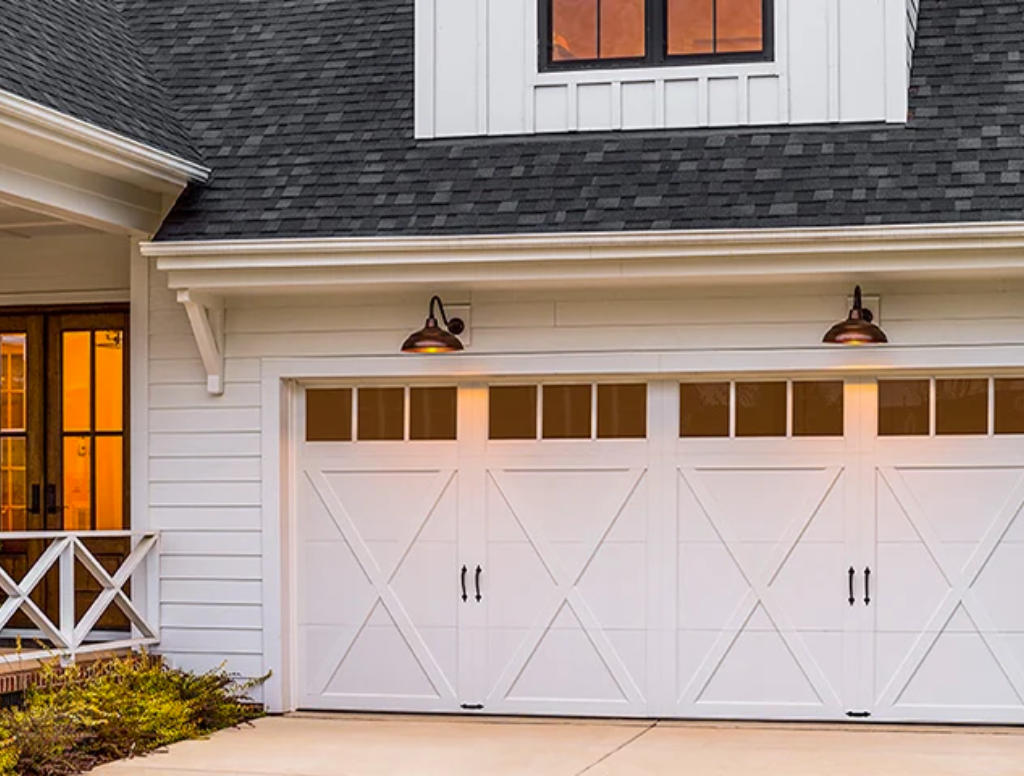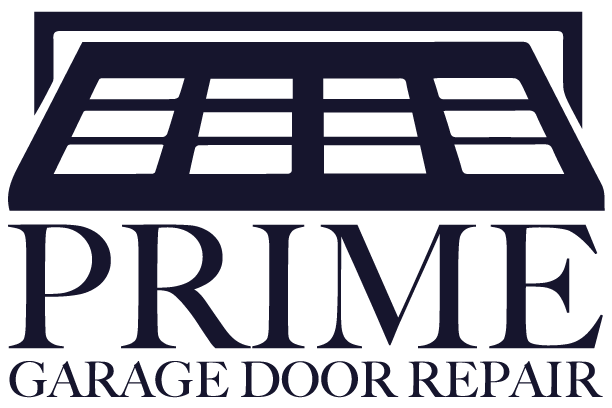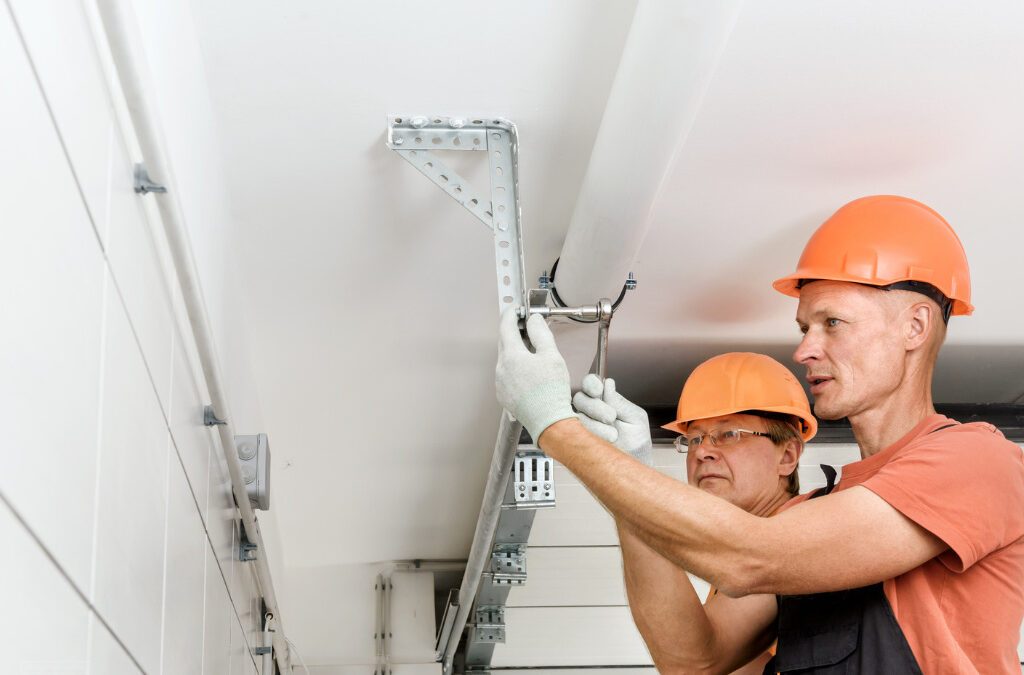Do you hear a loud banging noise every time you open or close your garage door? Or maybe you notice a screeching sound that makes you cringe every time you come home. These are all common garage door problems that can be easily identified by paying attention to the noises your door makes. By understanding the different noises and what they could mean, you can quickly pinpoint the issue and take the necessary steps to fix it.
One of the most notable noises you might hear is a loud banging or clattering sound. This could be a sign that something is loose or broken in the door’s hardware. Another sound to listen for is a loud squeaking or screeching noise, especially when you’re opening or closing the door. This usually indicates that the door’s rollers or tracks need lubrication. By identifying these common garage door problems based on the noises they produce, you’ll be better equipped to address the issues and keep your garage door functioning smoothly and quietly.
The Culprits Behind the Clatter: Troubleshooting the Source of the Noise
When it comes to troubleshooting the noises coming from your garage door, it’s important to understand the culprits behind your common garage door problems. One common source of noise is worn-out rollers. Over time, these rollers can become rusty or worn, causing them to make a loud grinding sound when the door is in operation.
Another possible culprit is loose hardware. If the nuts and bolts that hold your garage door together are not properly tightened, they can create rattling noises that can be quite annoying. By identifying and addressing these issues, you can significantly reduce the noise and enjoy a quieter garage door.
Silence is Golden: Easy DIY Fixes for a Quieter Garage Door
Is your garage door causing a ruckus every time you open or close it? Don’t worry, there are a few easy DIY fixes you can try to silence the mayhem. One common culprit for garage door noise is a lack of lubrication. Over time, the moving parts of your garage door can become dry and create friction, resulting in unpleasant sounds. Luckily, this is an easy fix.
Simply apply lubricant to the hinges, rollers, and tracks of your garage door to reduce friction and noise. With just a few minutes of effort, you can enjoy a quieter garage door that won’t disturb the peace and quiet of your home. Another common source of noise is loose hardware. As your garage door opens and closes, the vibrations can cause screws and bolts to become loose, leading to rattling and clattering sounds.
Fortunately, tightening the screws and bolts is a simple solution. Grab a screwdriver or a wrench and check all the hardware on your garage door, making sure they are tightened properly. This quick fix can go a long way in reducing the noise levels of your garage door and restoring tranquility to your home environment.
The Squeaky Wheel: Lubrication Techniques for a Smooth-Running Door
A smooth-running garage door is essential for a peaceful and functional home. If your garage door is making irritating squeaky sounds every time you open or close it, it’s time to take action. One of the easiest and most effective ways to silence the squeaky wheel is through proper lubrication. By regularly lubricating the moving parts of your garage door, you can ensure a smoother operation and minimize those annoying noises. So what lubrication techniques should you be using? Let’s dive in and find out the best ways to silence that squeaky wheel.
- Start by gathering the necessary supplies: lubricant spray or oil, a clean cloth, and a ladder if needed.
- Inspect the garage door to identify the areas that need lubrication. Common parts include hinges, rollers, tracks, springs, and bearings.
- Clean any dirt or debris from the moving parts using a clean cloth. This will ensure that the lubricant can penetrate effectively.
- Apply lubricant to each identified area. For hinges and rollers, use a silicone-based spray or oil. For tracks and springs, use a lithium-based grease or oil.
- Use caution when applying lubricant to avoid overspray on surrounding surfaces, such as walls or floors. It’s best to place a protective covering underneath before starting.
- Move the garage door up and down several times after applying the lubricant to distribute it evenly across all moving parts.
- Wipe off any excess lubricant with a clean cloth to prevent buildup over time.
- Repeat this process every six months for optimal performance of your garage door.
Remember that proper maintenance goes beyond just lubrication. Regularly inspecting your garage door for worn-out parts or signs of damage is crucial in preventing future problems. If you notice any issues during your inspection, it’s recommended to contact a professional for repairs. By following these simple steps and incorporating regular maintenance into your routine, you can keep your garage door running smoothly without those annoying squeaks disrupting your peace at home!
Tightening the Loose Ends: Adjusting Hardware to Eliminate Rattling
When it comes to a garage door, loose hardware can be a major source of rattling and clattering noises. Over time, the vibrations from the door opening and closing can cause nuts, bolts, and screws to become loose. This can result in a cacophony of sounds that disrupt the peace and quiet of your home. To eliminate this annoyance, it’s important to tighten all the loose hardware. Grab a socket wrench and go around your garage door, tightening every nut and bolt you come across.
By ensuring that all the hardware is securely fastened, you can significantly reduce the rattling and enjoy a quieter garage door experience. In addition to tightening the nuts and bolts, it’s also important to check the hinges on your garage door. Loose or worn-out hinges can contribute to the rattling noise. If you notice any hinges that are loose or damaged, it’s time to replace them. Remove the old hinges and install new ones, making sure they are properly aligned and securely fastened. This simple step can make a world of difference in the noise level of your garage door. So don’t ignore those rattling sounds; take the time to tighten the loose ends and enjoy a smoother, quieter garage door.

Just The Team You Need
By identifying common garage door problems, you will be able to sort out your ongoing situation and come out better. But instead of going the DIY route, you should consider seeking the assistance of experts. Prime Garage Door Repair is just the team you need, so give us a call promptly. Your common garage door problems will be long gone in a flash.

